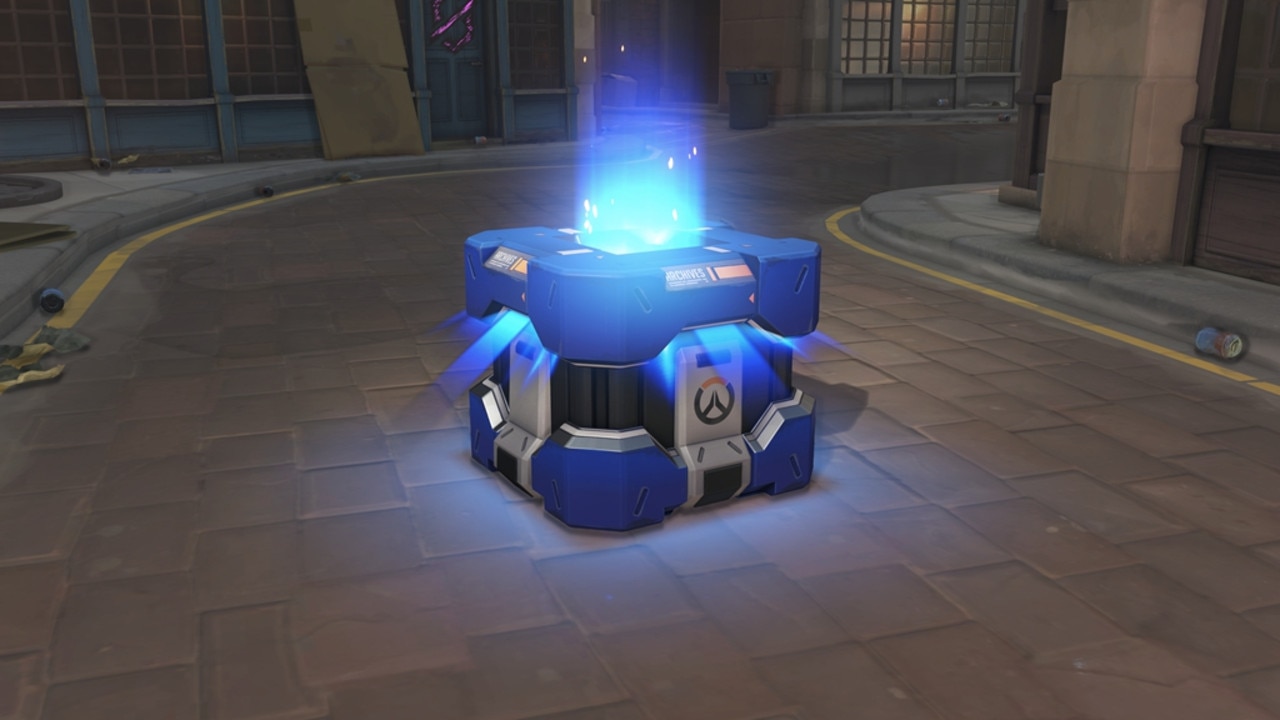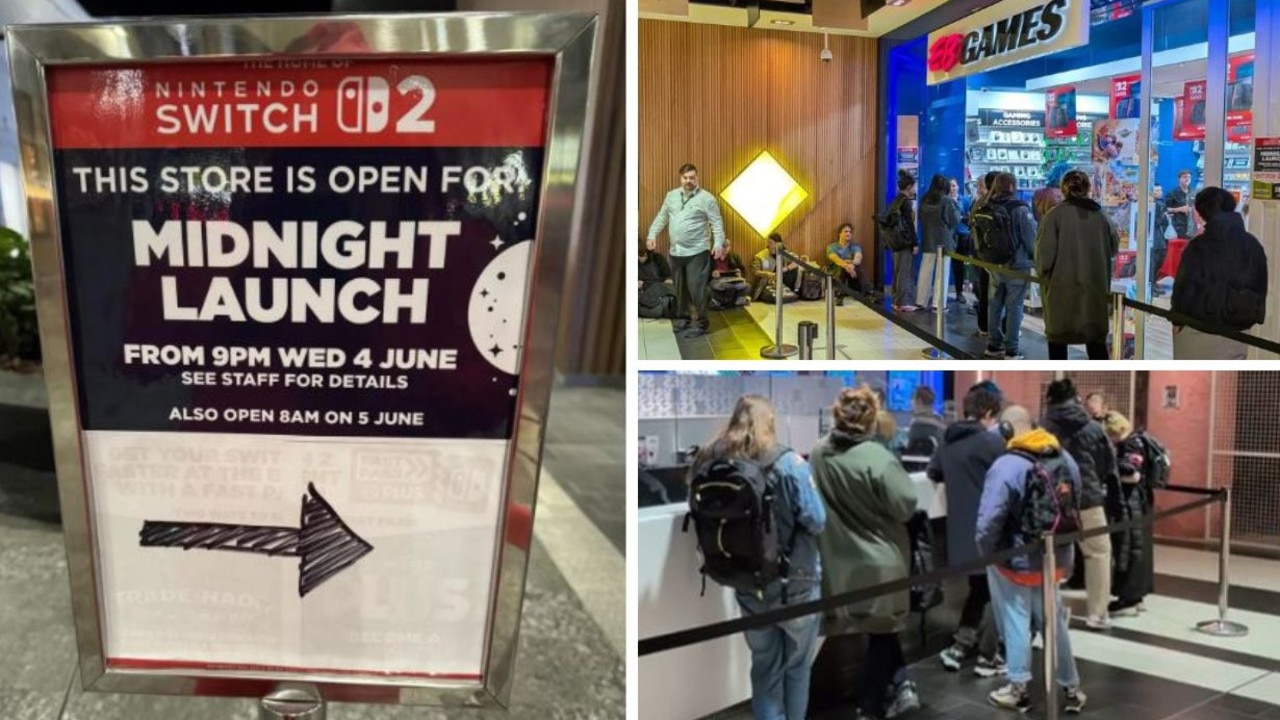British Government calls for stricter loot box protections for children
The UK government is calling on developers to ensure children can’t make purchases in video games.

In a press release on July 17, the UK’s Department for Digital, Culture, Media, and Sport published a call to action from video game companies and platforms to ensure children are not able to make purchases in video games. Commonly referred to as “loot boxes”, these in-game purchases are “linked to gambling addictions, as well as mental health and financial issues”, according to the press release.
When you load up most video games nowadays, there exists an option to purchase digital items with real-world currency. Some of these items are cosmetic costumes for your character in-game, while others are “loot boxes”, which have a slight chance of granting a scarce item, costume, or another vanity object that can’t be outright purchased. This scarcity is the primary driver of getting people to purchase loot boxes — scarcity breeds a desire to have what others cannot obtain easily or without wealth.
This is the basis for the gambling accusations, as the rates of success for most loot boxes are very low, leading players to keep purchasing until they win. In some games, such as Genshin Impact, this can take anywhere from $1350 to nearly $3000, while in other games, such as Diablo Immortal, this can run an unlucky player nearly $30,000. Many children and younger players do not have an idea of the value of money, and this can lead to scenarios such as purchasing nearly tens of thousands of dollars in microtransactions from their parent’s credit card.
More Coverage
In the press release, the government “is calling for the purchase of loot boxes to be made unavailable to children and young people unless they are approved by a parent or guardian.” This appears to include under-18 restrictions that require parental approval before the application or game in question will grant rewards, but can be expanded upon — “The Government … will not hesitate to consider legislation if companies do not bring in sufficient measures to keep players safe.”
This not-so-subtle threat is a wake-up call to developers and publishers who wish to sell their products in the UK, which in 2021 spent several billions of dollars worth in gaming purchases alone. The threat isn’t far off either — other European countries such as Spain, Belgium and the Netherlands have banned loot boxes in 2018, calling them “games of chance.” These rulings effectively made the recent smartphone game Diablo Immortal illegal in both Belgium and the Netherlands as a result.
Written by Junior Miyai on behalf of GLHF.





